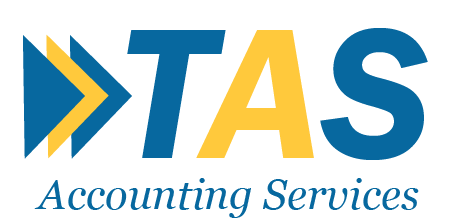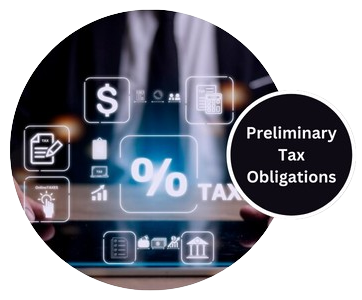International Financial Reporting Standards (IFRS)
Focus: Transparency and comparability in financial reporting across international markets.
What It Is: A global framework issued by the International Accounting Standards Board (IASB).
Who Uses It: Widely adopted by public companies in numerous countries.
Generally Accepted Accounting Principles (GAAP)
Other countries often maintain their unique GAAP tailored to local regulations.
US GAAP: Standards issued by the Financial Accounting Standards Board (FASB), primarily used in the United States.
Includes comprehensive rules for financial statement preparation.
Local GAAP:
Canada: Largely aligned with IFRS.
UK GAAP: Established by the Financial Reporting Council (FRC) and includes standards like the Financial Reporting Standard for Smaller Entities (FRSSE).
Key Elements of Standards
Presentation: Specifies the format and layout for financial statements.
Disclosure: Defines required details in financial statements (e.g., revenue breakdown, related-party transactions).
Recognition: Criteria for recording assets, liabilities, income, and expenses.
Measurement: Methods like historical cost or fair value.
Ensuring Compliance
Audit Requirements: Large companies may require independent audits to validate compliance and accuracy.
Regulatory Alignment: Meet specific industry or country regulatory requirements.
Best Practices
- Consult Experts: Engage a professional accountant familiar with your jurisdiction’s standards.
- Stay Updated: Regularly review changes in applicable standards.
- Leverage Software: Use platforms like QuickBooks or Xero that are compliant with major accounting standards.
























